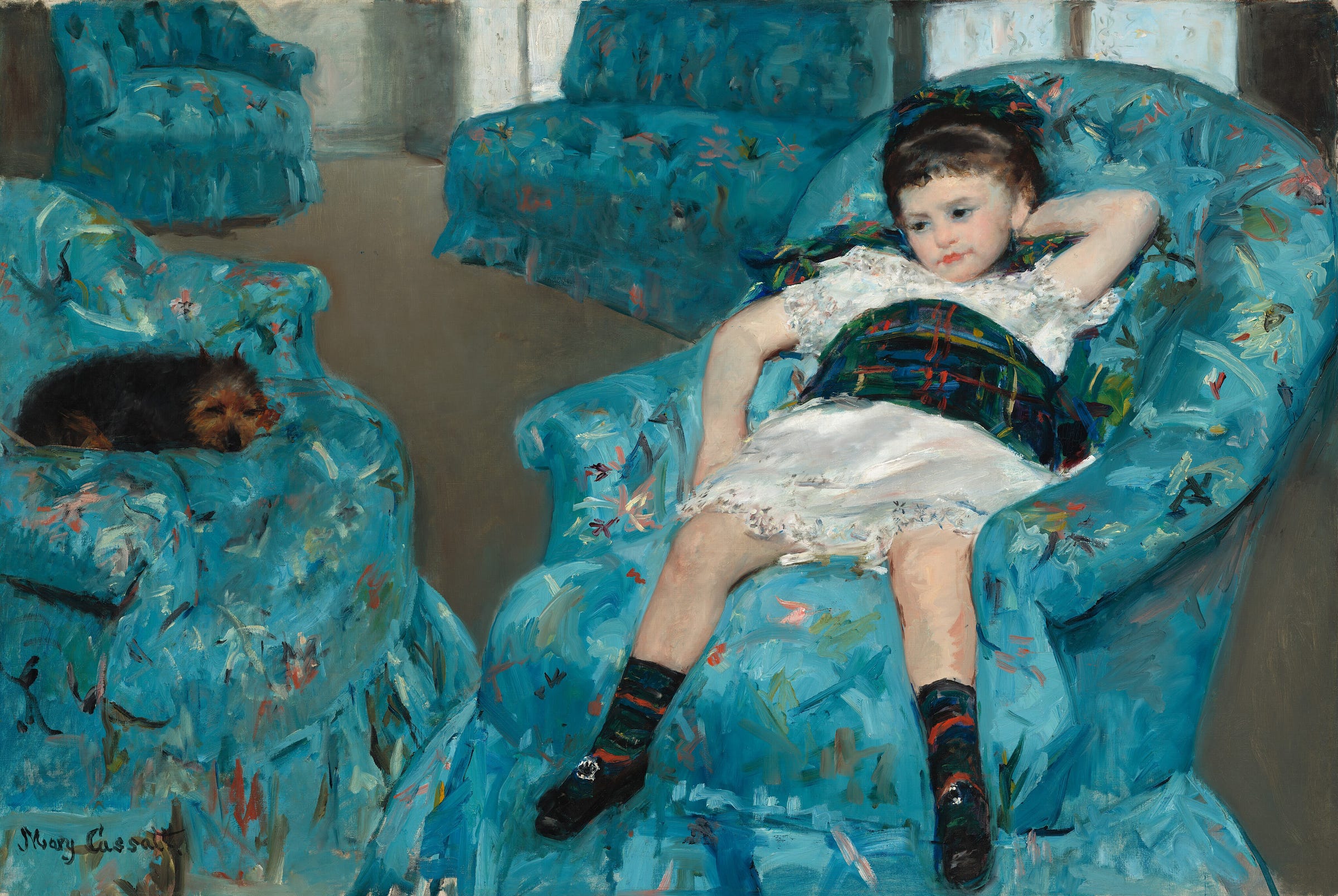It’s spring in Texas. The air smells of cut grass. Dead leaves still carpet the streets, evidence of the recent cold, and landscaping crews work day and night to get rid of them. Everyone races to whisk winter away.
This spring marks my fifth in Austin as an adult. Each year, I’ve moved further and further outside the city center, away from bohemian coffee shops and bookstores, toward elementary schools and public parks. Unwittingly, like a salmon, I’ve returned to the suburbs of my childhood: My middle school is just down the street.
Here, my perspective on the suburbs has ebbed and flowed. At times I’ve been thrilled by the ease of it all: the Starbucks lattes and Target candles; the spaciousness of a backyard; the finality of “settling down.” At other times, I’ve felt my soul go dormant, deadened by the concrete sprawl; the monotony of grocery shopping; the drone of cable television. I’ve realized, while reflecting on these five years, that I’ve spent too much of them alone: Sitting in traffic, pushing a cart through H-E-B, reading on the couch. (Unless you count the company of an inarticulate and drowsy baby, which I don’t.) My husband was alone, too, sitting at a desk, looking at pictures of our baby on his phone. It was lonely among so much abundance.
What can I make of these years? Above all, the suburbs have taught me the direct relationship between beauty and restraint; between comfort and despair.



What is the telos of American life? A four-bedroom house? Retirement? A yacht? More fundamentally, I think our aim is comfort: A comfortable home, a comfortable job, a comfortable marriage, a comfortable bank account, a comfortable level of personal freedom, a comfortable body.
For those who’ve drunk our nation’s glorious cocktail of individualism, materialism, and capitalism, and become thusly inebriated, a once expansive idea of human potential—“I’ll be a poet!” “A painter!” “An astronaut!” “A monk!”—begins to narrow. It gets tighter and tighter until it calcifies into something much smaller: “I’ll be comfortable.”
Nowhere is more comfortable than the suburbs. Living in the suburbs shows you’ve reached a certain level of financial ease. (“We’re comfortable,” you might say.) Here, comfort is architectural: Work-life is separated from home-life by a six-lane highway. Master-planned communities, replete with gyms and pools, are designed like all-inclusive resorts: You never have to leave! If you do choose to leave, your house is connected directly to retail centers and restaurants, big-box stores and fast-casual chains with ample parking and plenty of menu options. With the basics ordered so well, the homeowner is free to improve the inessential periphery of life by organizing, cooking, cleaning, exercising, and shopping.
That’s what makes suburbs so popular. By the turn of the millennium, the majority of Americans lived in suburbs, wrote Michael Pollan in 2000, a shift he dubbed “The Triumph of Burbopolis.”
To be sure, there are plenty of noble reasons to live in a suburb. Stability is essential for children, and the herculean effort of family life is easier with a Costco nearby. Homeownership is an important financial and social aspiration. It requires great sacrifice and no small amount of good luck to settle in a nice neighborhood, privileging our children to quiet streets, little league baseball, and library story time.
And yet, it’s exactly those intentions that need to be examined. If we believe there is anywhere we can shield our children from the world’s bad breath, anywhere we can outrun discomfort, anywhere we can be truly “safe,” we’ll be continually disappointed. People in the nicest neighborhoods do heinous things. Why? Because we all do heinous things! As Solzhenitsyn wrote, “The line separating good and evil passes not through states, nor between classes, nor between political parties, but through every human heart.”
The problem isn’t where we live but how we live, believing ourselves entitled to an end-state which can never be achieved, frustrated with ourselves and others when indeed, satisfaction never arrives. That problem isn’t intrinsic to the suburbs; cities can be equally delusional. If we’re honest, what we’re really searching for in all that comfort—Whether its Equinox memberships and Whole Foods salads, or TikTok home renovations and Chick-Fil-A nuggets—is distraction. “Being unable to cure death, wretchedness, and ignorance, men have decided, in order to be happy, not to think about such things,” said Blaise Pascal.
This year, my husband and I became fed up with distractions. The longer we lived this so-called ideal life—wife at home, husband in an office, making money just to spend it—the sicker we became: sleepless, anxious, overweight. I felt constantly overwhelmed by the groceries to be bought and the meals to be cooked and the articles to be written and the laundry to be done and the unending, pointless waste of it all. At the nadir, an idea dawned. What if, rather than flying against discomfort, we embraced it?
We began to impose restraints on our life. My husband quit his job. We learned to live on less. We began to see every dollar as a gift, a blessing, rather than an expectation. We emptied our closets. We gave things away. We took truckloads of clothes to Goodwill, then we sold the truck. Why did we need two cars, anyway? We gave away our television. We canceled Hulu, Netflix, Peacock, all of it. We deleted YouTube. We canceled our gym memberships. We gave up eating meat. We gave up endless trips to the grocery store. Instead, we ate whatever was in the pantry. Two sweet potatoes, one block of tofu, and half a cabbage? Great! Time to get creative. The world’s expectation’s fell away, and we were left with music, books, curiosity, and our baby. I felt sensational.
We learned restraint isn’t a hinderance to creativity, it’s an essential ingredient. Consider, for example, this 2017 interview with Anthony Bourdain about the world’s most delicious dishes: “[They] are the direct result of poverty, of limited supplies, rough seasons, oppression, war,” he said. “Cultures that cook well tend to cook well because they didn't have any choice, they had to make the best of very little."
His words are an important reminder that for much of human history, restraint was inflicted by scarcity, the elements, tyrannical governments, and bloody conflict. If we live in a state of overabundance—like I do in Texas—it’s important to acknowledge the rarity of that experience on the global stage. In this light, we can see that comfort isn’t a bad thing, except when we deem it the ultimate thing.
But if comfort isn’t the ultimate thing, what is? Ah, now we’re getting somewhere! Self-denial allows us to reengage our higher order faculties, our discipline, determination, steadfastness, faith, and, most importantly, humility, through which we can ask, knock, and seek.
Today, after all, is Ash Wednesday, the day 18 percent of the world's population accepts ashes on their forehead and begins Lent, praying, fasting, and giving to the poor for 40 days. It’s a 2,000-year-old tradition of spiritual spring cleaning, tossing off the dust of too much comfort.
Lenten practices remind us that we don’t all have to quit our jobs and become vegetarians. But we can all do something. Saint Therese of Lisieux, a nineteenth century Carmelite nun who entered the cloister at age 15, was deemed too sick to participate in physical mortification with the other nuns. Instead, she practiced self-denial in her “little way,” by biting her tongue against unkind words, sharing what few possessions she had, and smiling at the nuns she didn’t much care for. For this, the Catholic Church named her a saint!
We must be cautious of too much comfort, because in the end, it limits us. It places us inside a very small, very nice little prison.
“You could be kept for years, if you weren’t careful,” Elizabeth McCracken wrote in her latest novel, “like a roped off chair in a museum that nobody is allowed to sit in, which makes it only something shaped like a chair. Watch out for safety. It will make you no longer yourself, only an object shaped that way.”
Hey, remember my dear friend Kate Lucky? She’s put together a newsletter with her recent writings: cultural criticism, movie and book reviews, she’s got it all. Subscribe here.
Also, my dear friend Nikki Erlick has a new novel out! Order here.






Thank you. This helped right me a little